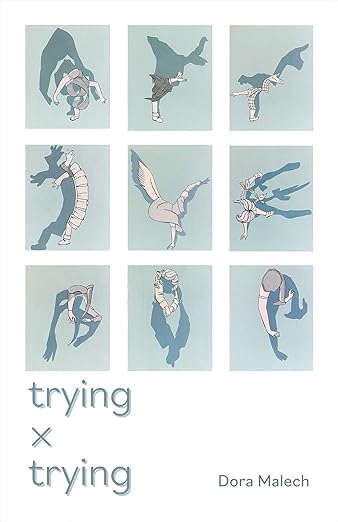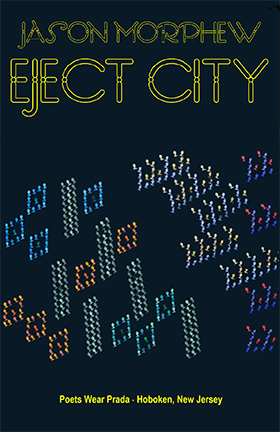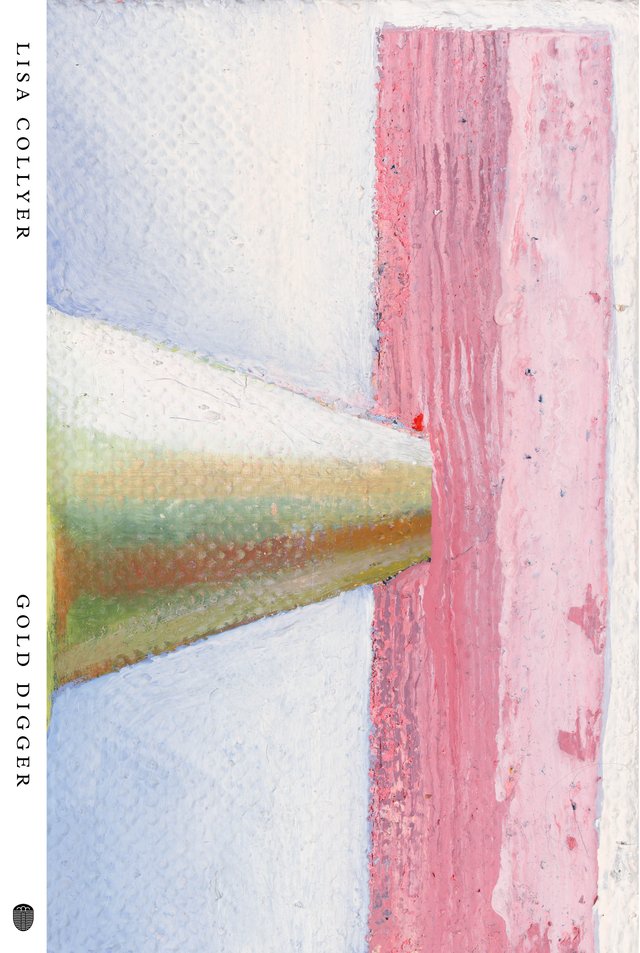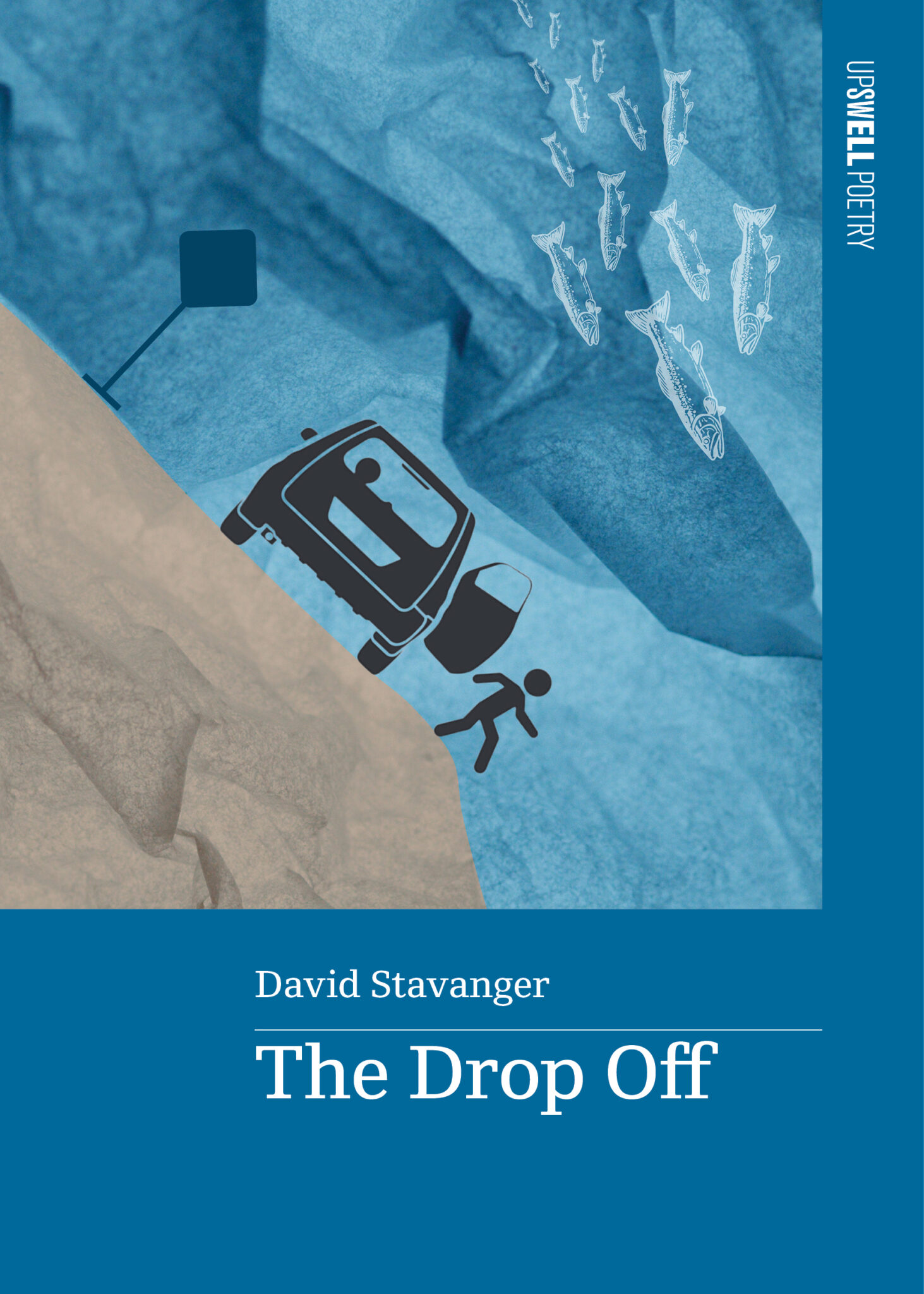 When he says “Movies are what we have in the United States of America / to save of from some poverty of Spirit,” (99) he speaks for humankind. That he does so in words that are passionate, elegant, and honest is his readers’ good fortune. Roy Bentley is one of the best poets writing in English, and The Wreck of Your Life on the Evening News is his best book to date.
When he says “Movies are what we have in the United States of America / to save of from some poverty of Spirit,” (99) he speaks for humankind. That he does so in words that are passionate, elegant, and honest is his readers’ good fortune. Roy Bentley is one of the best poets writing in English, and The Wreck of Your Life on the Evening News is his best book to date.
Tag: poetry
A review of The Tao According to Calvin Coolidge by Charles Rammelkamp
 Here, as elsewhere in this fine collection, Rammelkamp’s poetical plain style doesn’t attempt to call attention to its cleverness, but mirrors Coolidge’s own reserved eloquence. Or as Abraham Lincoln once ironically opined: if you keep your mouth shut, people will think you’re a fool. If you open it, they’ll know for sure.
Here, as elsewhere in this fine collection, Rammelkamp’s poetical plain style doesn’t attempt to call attention to its cleverness, but mirrors Coolidge’s own reserved eloquence. Or as Abraham Lincoln once ironically opined: if you keep your mouth shut, people will think you’re a fool. If you open it, they’ll know for sure.
A review of trying x trying by Dora Malech
 The paronomasia here and all over trying x trying is astounding, and the cryptic title – trying x trying – likewise highlights Malech’s elusive cleverness, her coy, seductive use of words, her dexterity with language. Dora Malech’s verse makes you think of an acrobat who makes it look so easy, flying through the air, swinging on the trapeze, gracefully contorting, spinning, landing in a seemingly single effort.
The paronomasia here and all over trying x trying is astounding, and the cryptic title – trying x trying – likewise highlights Malech’s elusive cleverness, her coy, seductive use of words, her dexterity with language. Dora Malech’s verse makes you think of an acrobat who makes it look so easy, flying through the air, swinging on the trapeze, gracefully contorting, spinning, landing in a seemingly single effort.
A review of Eject City by Jason Morphew
 Morphew’s background as both a poet and songwriter resonates throughout the collection. Some poems carry a musical cadence; others resist rhythm altogether. Morphew is unafraid to let his poems falter, stutter, or collapse into silence. He is a true artist—a virtuoso who is unafraid to take risks. He transforms his despair and life’s experiences into art—whether of body, of heart, or of legacy.
Morphew’s background as both a poet and songwriter resonates throughout the collection. Some poems carry a musical cadence; others resist rhythm altogether. Morphew is unafraid to let his poems falter, stutter, or collapse into silence. He is a true artist—a virtuoso who is unafraid to take risks. He transforms his despair and life’s experiences into art—whether of body, of heart, or of legacy.
Gold Digger by Lisa Collyer
 Gold Digger is a bristling invitation. A challenge and a call to attention. It demands an opening of the eyes and ears to lives lived vivid and vital despite the social context in which they are lived. This is a collection as galvanising as it is refreshing, and I congratulate Lisa and Gazebo Books on its publication. If you identify as a woman, you will feel seen in these pages. If you neither identify as a woman nor have spent any of your life socialised as one, prepare to have your eyes unpeeled.
Gold Digger is a bristling invitation. A challenge and a call to attention. It demands an opening of the eyes and ears to lives lived vivid and vital despite the social context in which they are lived. This is a collection as galvanising as it is refreshing, and I congratulate Lisa and Gazebo Books on its publication. If you identify as a woman, you will feel seen in these pages. If you neither identify as a woman nor have spent any of your life socialised as one, prepare to have your eyes unpeeled.
A review of Alighting in Time by Lynne Wycherley
 As her poetry and prose articles indicate, she is concerned about the little-known risks of the wireless boom and works to build awareness of the dangers. While her recurrent theme is the threat posed by modernity to the rhythms and solace of nature, her poems are not overly didactic nor depressing. They are uplifting and also reader-friendly; she includes footnotes to explain potentially unfamiliar terms.
As her poetry and prose articles indicate, she is concerned about the little-known risks of the wireless boom and works to build awareness of the dangers. While her recurrent theme is the threat posed by modernity to the rhythms and solace of nature, her poems are not overly didactic nor depressing. They are uplifting and also reader-friendly; she includes footnotes to explain potentially unfamiliar terms.
A review of Burn by Barbara Hamby
 Hamby’s ideas flow like a person talking to herself, and we get to listen in. Her free-association stream-of-consciousness is exactly the stuff of dreams, as alluded to earlier, so it’s no surprise that so many of the odes involve dreams. “Ode on the Rilke Metro Stop in the Paris of My Dreams” is one (“In this dream we’re in Paris, driving around in a car, / which is a nightmare…”).
Hamby’s ideas flow like a person talking to herself, and we get to listen in. Her free-association stream-of-consciousness is exactly the stuff of dreams, as alluded to earlier, so it’s no surprise that so many of the odes involve dreams. “Ode on the Rilke Metro Stop in the Paris of My Dreams” is one (“In this dream we’re in Paris, driving around in a car, / which is a nightmare…”).
A review of The Drop Off by David Stavanger
 The Drop Off takes these notions of play, irreverence and art, and utilises the tools of poetry – redaction and silences, puns, the language of public discourse, rhythm and structure to lead the reader, almost by stealth, into sudden moments of intense vulnerability.
The Drop Off takes these notions of play, irreverence and art, and utilises the tools of poetry – redaction and silences, puns, the language of public discourse, rhythm and structure to lead the reader, almost by stealth, into sudden moments of intense vulnerability.
A review of Outliving Michael by Steven Reigns
 There’s a great deal of nostalgia in Outliving Michael, of course, remembering a friend who died a quarter century ago, but Reigns is also remembering his own youth, with that same sweet nostalgia. Michael has gone shopping for jeans at the mall, the occasion for Reigns to make this observation about the immortality of youth.
There’s a great deal of nostalgia in Outliving Michael, of course, remembering a friend who died a quarter century ago, but Reigns is also remembering his own youth, with that same sweet nostalgia. Michael has gone shopping for jeans at the mall, the occasion for Reigns to make this observation about the immortality of youth.
A review of Daphne by Kristen Case, Blood Feather by Karla Kelsey, and Phantom Number: An Abecedarium for April by Spring Ulmer,
 Each of the texts also explores the interrogation and violence of language. In Daphne, language is presented as violent, erotic, and philosophical. The text plays with and warps definitions (this is especially evident in the analysis of the words “ravish” and “tonic”) to reveal embedded power structures within the way we use language.
Each of the texts also explores the interrogation and violence of language. In Daphne, language is presented as violent, erotic, and philosophical. The text plays with and warps definitions (this is especially evident in the analysis of the words “ravish” and “tonic”) to reveal embedded power structures within the way we use language.